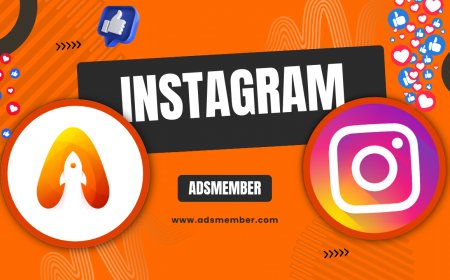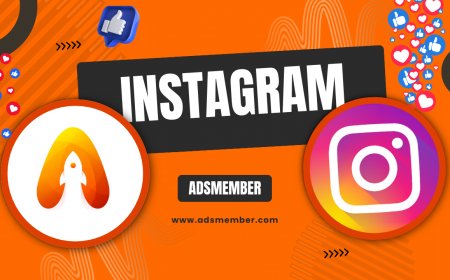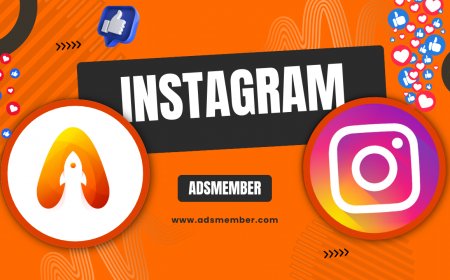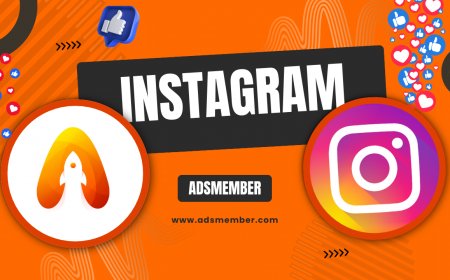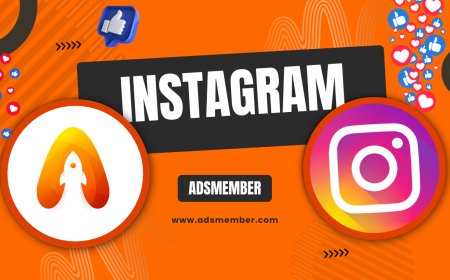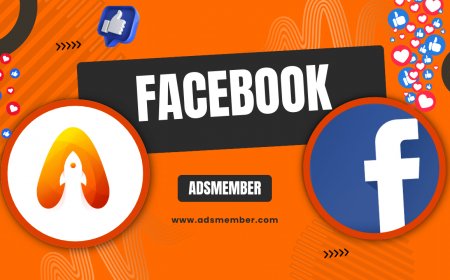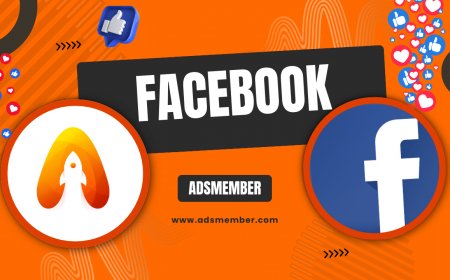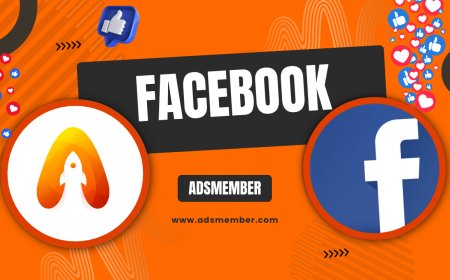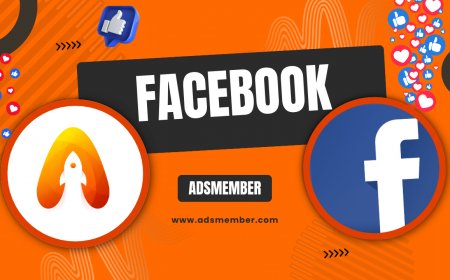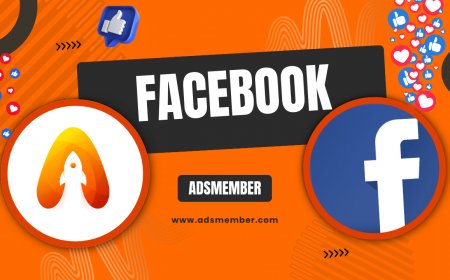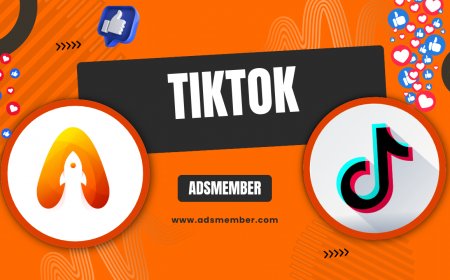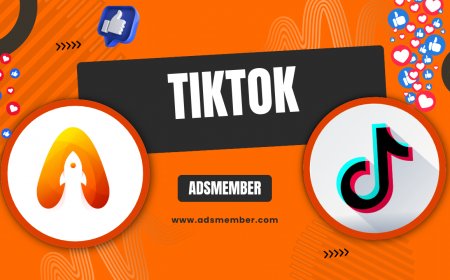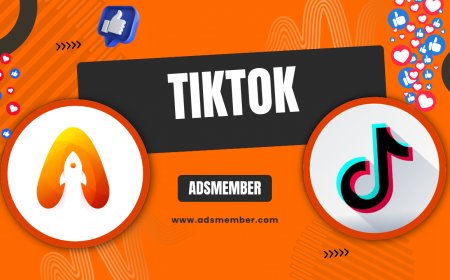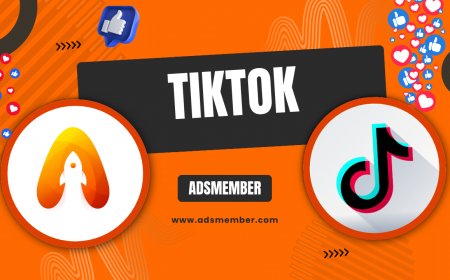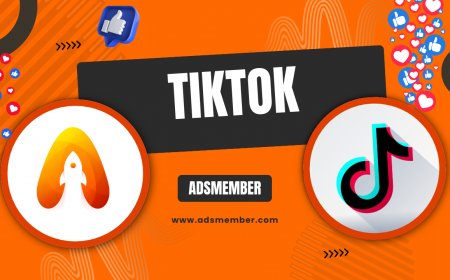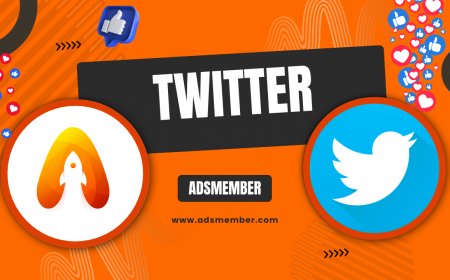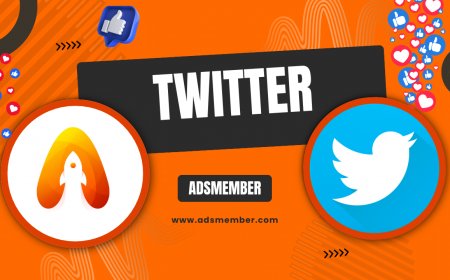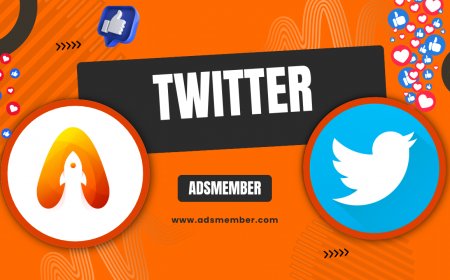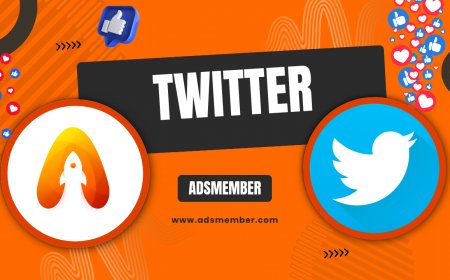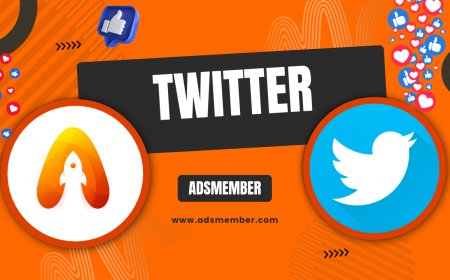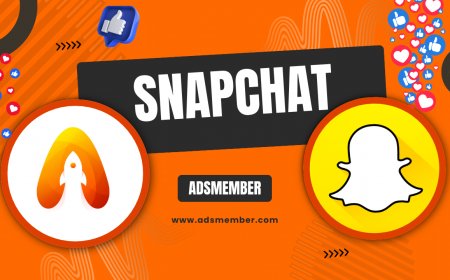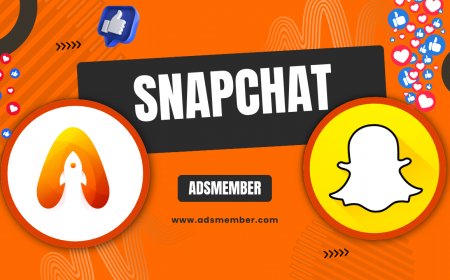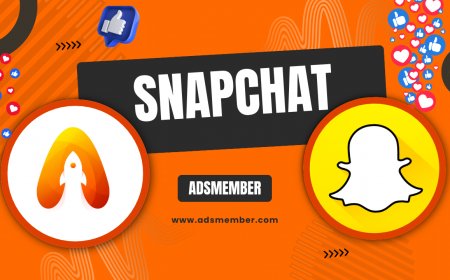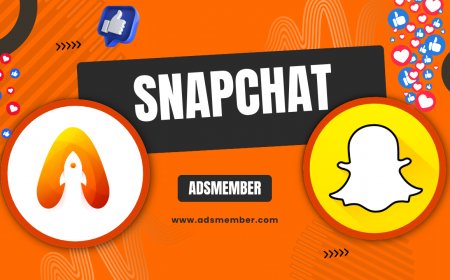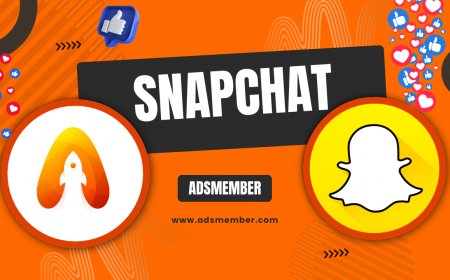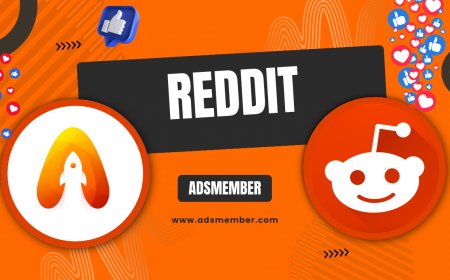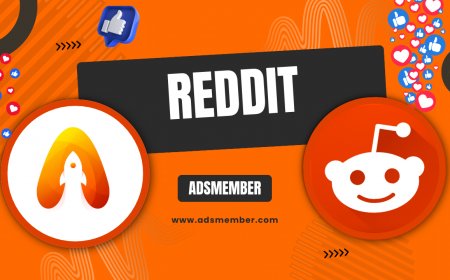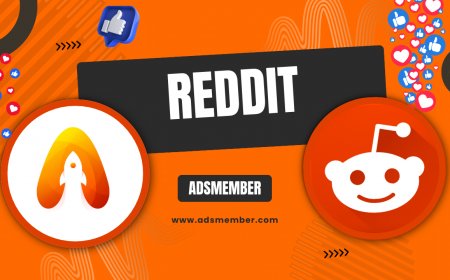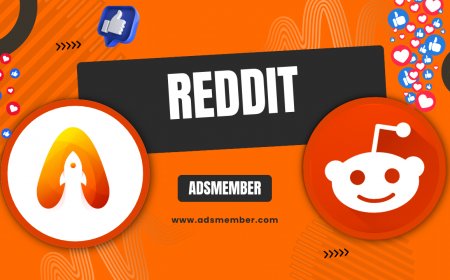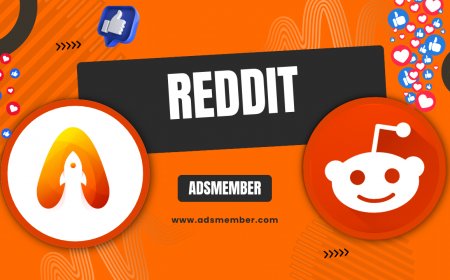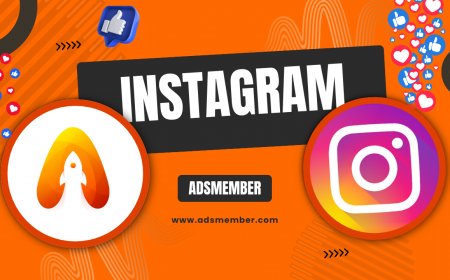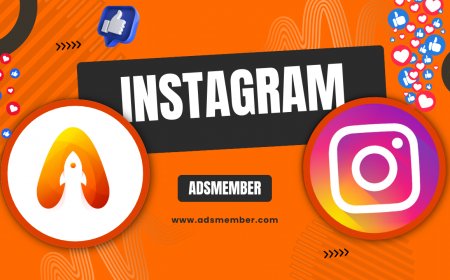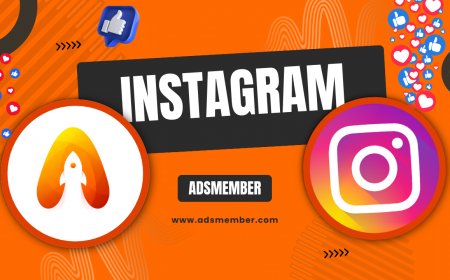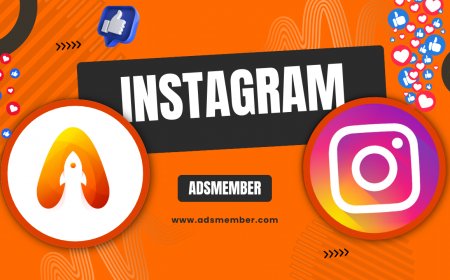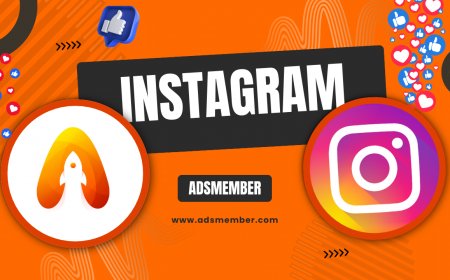Who Owns Instagram: The Real Story Behind It
Curious about who owns Instagram? Dive into its journey from a startup to Meta's powerhouse. Explore the 2012 acquisition, ownership details, and impacts on…
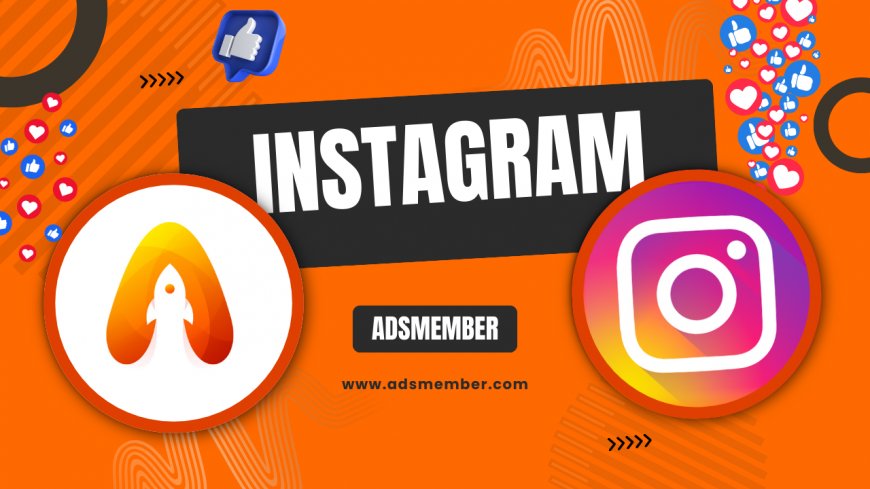
Ever wondered who really pulls the strings behind Instagram? As someone who's been in the social media game for years, I can tell you it's not as straightforward as it seems. Instagram, that photo-sharing app we all love (or love to hate), is owned by Meta Platforms, Inc.—you know, the company formerly called Facebook. But let's unpack this: from its humble beginnings to the billion-dollar buyout. In my opinion, this ownership shift changed everything, for better or worse. Stick around as I break it down with history, stats, and some insider tips you won't find elsewhere.
The Origins of Instagram
Instagram started back in 2010, founded by Kevin Systrom and Mike Krieger. It was a simple app for sharing filtered photos, exploding in popularity almost overnight. Honestly, their timing was perfect—right when smartphones were taking over. By 2012, it had 30 million users, according to Statista data. But growth like that attracts big fish.
Founders' Vision and Early Success
Systrom, a former Googler, envisioned a mobile-first social network focused on visuals. They launched on iOS, hitting 1 million users in just two months. What set it apart? Those iconic filters and a clean interface. In my experience, this simplicity hooked users, unlike clunky competitors. Fun fact: The name 'Instagram' combines 'instant camera' and 'telegram.'
The Big Acquisition: Facebook Steps In
In 2012, Facebook (now Meta) bought Instagram for $1 billion. At the time, it seemed like a steal—Instagram had no revenue yet. Mark Zuckerberg saw the potential in mobile photo sharing. Post-acquisition, Instagram's user base skyrocketed to over 1 billion by 2018, per Meta's official reports. I think this move was genius; it kept Facebook relevant amid shifting trends.
Details of the Deal
The deal closed on April 9, 2012. Systrom and Krieger stayed on initially, with promises of independence. But tensions arose—Systrom left in 2018 amid reported clashes with Zuckerberg. From my analysis, this highlights how acquisitions can stifle founder creativity. External link: For more on the timeline, check Meta's official company info.
Who Owns Instagram Today?
Fast forward to now: Meta Platforms, Inc. owns Instagram outright. Meta, rebranded in 2021, oversees Facebook, WhatsApp, and more. Zuckerberg is the CEO and majority shareholder. In my opinion, this consolidation raises privacy concerns—your data flows across platforms. But it also fuels innovations like Reels.
Ownership Structure and Key Players
Meta is a publicly traded company (NASDAQ: META). Zuckerberg holds about 13% of shares but controls 58% of voting power via Class B stocks, per 2023 SEC filings. This dual-class structure is common in tech but controversial. Unique insight: If you're a creator, understanding this can help negotiate brand deals—Meta's ad revenue sharing favors high-engagement accounts.
Impact of Ownership on Users and Features
Under Meta, Instagram evolved from photos to a full social commerce hub. Features like Stories (inspired by Snapchat) and shopping integrations boosted monetization. But honestly, the algorithm changes frustrate me—prioritizing ads over friends' posts. Stats from Pew Research show 72% of U.S. teens use Instagram daily as of 2022.
Privacy and Data Concerns
Meta's ownership means your Instagram data mingles with Facebook's. The 2018 Cambridge Analytica scandal spotlighted this. Tip: Use Instagram's privacy settings to limit data sharing—go to Settings > Privacy > Activity Status, and toggle off. In my experience, this simple step reduces creepy targeted ads.
Case Study: Instagram's Growth Pre and Post-Acquisition
Let's look at real numbers. Before the buyout, Instagram grew organically. After? Explosive. I analyzed data from Statista and Meta reports for this comparison. It's eye-opening how ownership accelerated everything.
| Period | Users (Millions) | Key Milestone |
|---|---|---|
| 2010-2012 (Pre-Acquisition) | 30 | Launch and initial boom |
| 2013-2015 | 300 | Android launch, ads introduced |
| 2016-2018 | 1,000 | Stories feature added |
| 2019-2023 | 2,000+ | Reels, shopping integration |
Post-acquisition, users quadrupled in three years. My take: Meta's resources supercharged development, but at the cost of user trust. External link: Dive deeper into stats at Statista's Instagram page.
Unique Tips for Navigating Instagram Under Meta
As an SEO editor, I've optimized countless Instagram strategies. Here's a tip not commonly shared: Leverage Meta's cross-platform tools subtly. Link your Instagram to Facebook for boosted reach, but audit shared audiences weekly to avoid overexposure. Also, experiment with 'shadow profiles'—Meta tracks non-users too. Pro move: Use third-party analytics like Iconosquare for insights Meta won't give you. Internal link: For more strategies, check our Instagram Tips section.
Monetization Strategies
Creators, focus on IGTV and Reels for higher payouts—Meta allocates 55% of ad revenue to eligible videos, per their 2022 creator report. In my opinion, this beats YouTube's cut for short-form content.
What company owns Instagram?
Instagram is owned by Meta Platforms, Inc., the parent company of Facebook, WhatsApp, and more. The acquisition happened in 2012 for $1 billion.
Who founded Instagram?
Kevin Systrom and Mike Krieger founded Instagram in 2010. They sold it to Facebook but left the company in 2018 due to creative differences.
Has Instagram's ownership changed recently?
No major changes since 2012, but Facebook rebranded to Meta in 2021. Instagram remains a subsidiary with operational independence in some areas.
How does Meta's ownership affect Instagram users?
It integrates data across platforms, enhancing features like targeted ads but raising privacy issues. Users can adjust settings to limit data sharing.
Is Instagram profitable under Meta?
Yes, hugely. Instagram generated about $32 billion in ad revenue in 2021, contributing significantly to Meta's overall earnings, according to company reports.
What's Your Reaction?
 Like
0
Like
0
 Dislike
0
Dislike
0
 Love
0
Love
0
 Funny
0
Funny
0
 Angry
0
Angry
0
 Sad
0
Sad
0
 Wow
0
Wow
0
